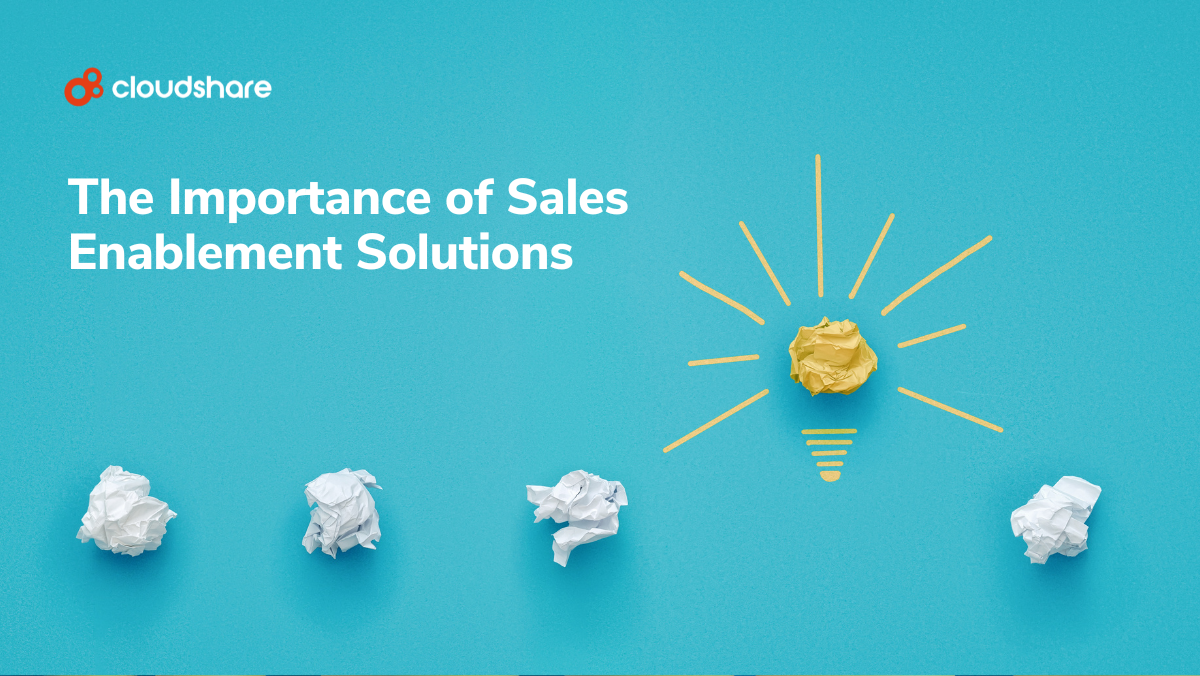Glossary
Sales Demo
When you have multiple employees working at your company, coordinating their work can prove to be a challenge. How do you ensure your sales team can communicate with your engineers on product features and improvements? How do you focus your projects toward the consumers’ needs and generate conversions effectively?
In order to drive sales, one massively successful tactic is the sales demo. You’ve probably heard the famous saying, “Show, don’t tell.”
Similarly, demonstrating your product or service live is one of the best ways to impress a prospective client.
But before we discuss sales demos, we need to talk about the overall goal of a business.
What Is Revenue Operations?
Companies turn to revenue operations (RevOps) to guide how they drive sales and profits. That is, all efforts concerning marketing and the consumer experience must work together to optimize company processes and push consistent revenue.
Successful organizations approach RevOps from several vectors:
- Revenue operations training for employees and business partners so that everyone on board shares the same revenue goals.
- Shared databases so all employees are on the same page in regard to business activities and data.
- Process optimization and collaboration to improve operational efficiency, whether it’s forecast calls or sales meetings.
Consider investing in RevOps if your business is failing to reach desired financial goals or if you believe disorganized data and inconsistent priorities are causing internal arguments within your company.
How Do Sales Demos Tie Into RevOps?
As mentioned, a sales demo shows a potential buyer how a product works to help push for the sale. It differs from a product demo, which helps a customer use the item after the sale finishes. So what are the best practices for sales demos?
To host a successful sales demo, the company must use RevOps to answer these important questions:
- Who is our target demographic? And how do we optimize the presentation to their preferences and situation? In B2B scenarios (where a business is selling to another business), this question is complicated to answer since you’re likely showing the product to a boardroom of clients.
- What does our product or service offer that helps address the consumer’s pain points? In this stage, the RevOps team needs to highlight the features and demonstrate them effectively from the perspective of the potential buyer. Knowing which parts of the product are most relevant to the customer goes a long way.
- How can we make our demo more impactful? Say you’re selling a software suite. What’s the best way to demonstrate its usefulness? Let the clients try it out for themselves! This interactive sales demo is one of the most effective strategies for gaining conversions, as hands-on experience is more memorable than only listening to a lecture about the product.
Building an effective sales demo requires the data collection, team collaboration, and market research that revenue operations enables. Make sure your company’s RevOps teams and sales demos go hand-in-hand.
How To Approach Revops and Sales Development
Enacting a revenue operations training program should be your top priority when building a RevOps solution for your business’s financial problems. You must consider what areas your company can make meaningful changes to improve core KPIs.
If you think your products and services deserve more recognition and sales than current figures suggest, RevOps training, especially sales demo development, might be the answer.
Cloud-based virtual environments are an ideal solution for optimizing your virtual training sessions, sales demos, proof of concepts, and sandbox environments. Today’s companies are using them to captivate their audiences, collect actionable sales data, accelerate the conversion process, and to perfect the customer experience from top to bottom.
When Do Product Demos Happen in the Sales Process?
Product demos typically happen during the later stages of the sales process, after initial contact has been made with a potential customer and their needs and interests have been assessed. The purpose of a product demo is to give the potential customer a detailed, hands-on look at the product and how it can meet their specific needs. This is usually done after the salesperson has established a relationship with the customer and has a clear understanding of the customer’s needs and budget.



